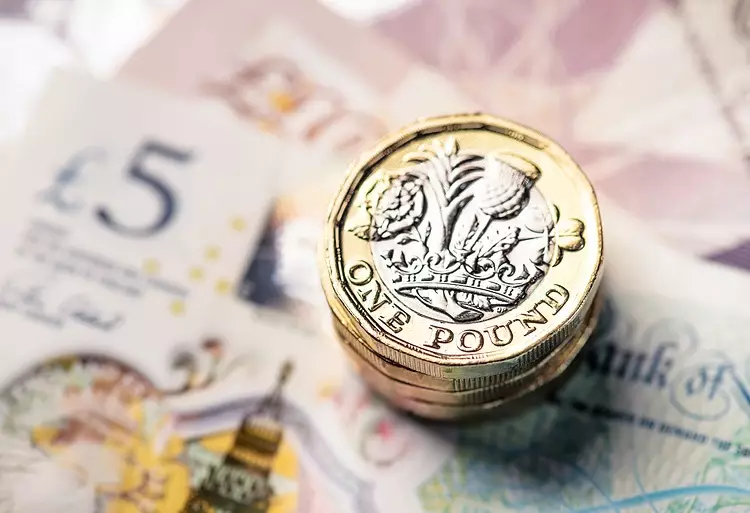The Pound Sterling has been fluctuating in the forex market, particularly against the US Dollar. The recent decline to 1.2700 against the USD can be attributed to the Federal Reserve’s indication of only one rate cut this year. This news has investors on edge, waiting to see how this decision will impact the GBP’s value in the coming months.
One of the major concerns that have been raised is the steady wage growth in the UK, which has implications for inflation in the services sector. Fed policymakers have emphasized the need for inflation to decline for a sustained period before considering any rate cuts. This has added to the uncertainty surrounding the Pound Sterling’s near-term outlook.
Investors are eagerly awaiting the Bank of England’s (BoE) monetary policy meeting, scheduled for Thursday. The expectation is that interest rates will remain steady at 5.25%, but the focus will be on the policymakers’ stance on a potential rate cut. The decision made in the May meeting, where BoE Deputy Governor Dave Ramsden and policymaker Swati Dhingra voted for a 25 basis points reduction to 5.0%, adds to the speculation surrounding the upcoming meeting.
Market Speculation and Potential Impact
Financial markets are split between the August or September meetings as the possible start of interest rate reductions by the BoE. The outcome of the BoE meeting will likely have a significant impact on the GBP’s performance moving forward. Investors are also keeping an eye on the CPI report for May, which will provide insights into the current inflation trends in the UK.
Technical Analysis of GBP/USD Pair
The GBP/USD pair has faced selling pressure recently, falling to a two-day low near 1.2740 against the US Dollar. It is struggling to establish above the 78.6% Fibonacci retracement support and is hovering near the 20-day Exponential Moving Average (EMA). While the 50-day EMA suggests a positive trend, the Relative Strength Index (RSI) indicates fading upside momentum.
US Federal Reserve and Its Influence
The Federal Reserve plays a crucial role in shaping monetary policy in the US, which in turn impacts the strength of the US Dollar. The Fed’s decision to signal only one rate cut this year has repercussions on the GBP’s performance as well. When the Fed adjusts interest rates, it affects borrowing costs, which can lead to fluctuations in currency values, including the GBP.
In extreme situations, the Federal Reserve may resort to Quantitative Easing (QE) or Quantitative Tightening (QT). QE involves increasing the flow of credit in the financial system by purchasing bonds, which can weaken the US Dollar. On the other hand, QT involves stopping bond purchases, which can have a positive impact on the value of the US Dollar.
Overall, the Pound Sterling’s future in the forex market remains uncertain, with various factors like wage growth, inflation, and central bank decisions influencing its performance. Investors need to closely monitor the developments in the UK and the US to make informed decisions regarding their GBP-related investments.

